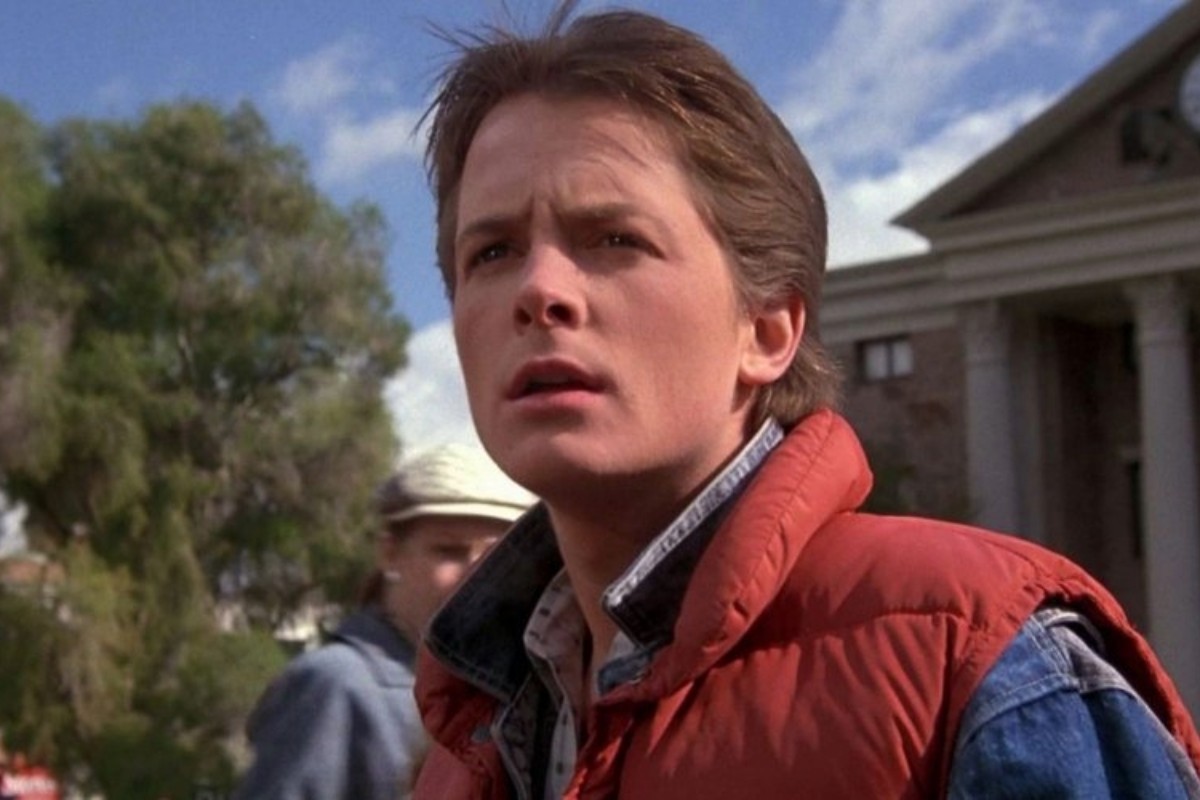Forty years later, Marty and Doc still pack theaters and hearts. Michael J. Fox finally names the force that keeps pulling us back, and it is not nostalgia.
As the film marks its 40th anniversary in 2025, Back to the Future crackles with a relevance that refuses to fade. In a talk with Empire, Michael J. Fox explains the pull, pointing to how Marty and Doc confront bullies and the larger tyrants that shape our lives, from Biff Tannen to his own Parkinson’s. Christopher Lloyd sees the ripple effect through generations, each finding itself in that fight. The result feels less like nostalgia and more like a primer in resilience.
A cultural milestone: celebrating 40 years of Back to the Future
It’s hard to fathom that nearly 4 decades ago, Marty McFly and Doc Brown first took us on a thrilling journey through time. Released on July 3, 1985, Back to the Future remains a vibrant part of our cultural fabric. As it approaches its 40th anniversary in 2025, the film’s enduring appeal invites reflection, with actors Michael J. Fox and Christopher Lloyd sharing key insights into why it continues to resonate so powerfully across generations.
Michael J. Fox on why Back to the Future persists
What gives Back to the Future its lasting power? For Michael J. Fox, the answer is deeply rooted in universal human experiences. Speaking candidly, he credited the film’s enduring popularity to its relatable themes and bold storytelling. According to him, the story’s exploration of confronting “tyrants” – whether a bully like Biff Tannen or life’s personal challenges – holds a mirror to the audience’s realities.
For Fox, those ideas are strikingly personal. Diagnosed with Parkinson’s Disease when he was just 29, he described his condition as a “tyrant” he battles daily. Yet, his love for the movie stems from a shared theme: resilience. “We all face our own Biffs in life,” he remarked, highlighting how the film speaks to the inner courage needed to overcome both external and internal obstacles.
The universal appeal of facing tyrants
At the heart of the movie lies an unflinching look at conflict, not just traveling through decades but facing moments of deep adversity. Many viewers, even 40 years on, still see themselves in Marty McFly. Whether it’s overcoming bullying or reconciling with family, his story echoes familiar themes. For example:
- Standing up to injustice, as Marty does with Biff
- Confronting self-doubt, as seen in George McFly’s journey
- Embracing life’s unpredictability, through Doc’s groundbreaking (and chaotic) experiments
Back to the Future ties these lessons to timeless moments of action, humor, and heartfelt emotion. Christopher Lloyd, who brought the eccentric Doc Brown to life, mentioned the importance of this balance. Generations of fans walk away inspired, and perhaps a bit hopeful, that even against the odds, hurdles can be leapt over with courage and a little ingenuity.
Why the film still feels relevant in 2025
As we edge closer to the 40th anniversary, the societal relevance of Back to the Future is as clear as ever. Fox pointed out that today, just like the characters in the film, society continues to grapple with its own “tyrants”, including injustice, inequality, and personal hardships. The movie’s message of resilience, humor, and hope provides a blueprint for looking forward without fear.
It’s this balance between entertaining and touching on universal truths that keeps Back to the Future alive in our hearts and minds. While the DeLorean may be a relic of its time, its spirit of adventure and the lesson to bravely face our challenges lives on, just as relevant as it was on its release day, 40 years ago.
